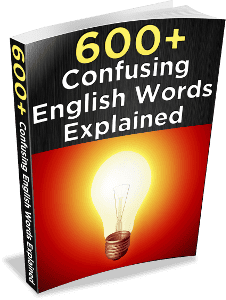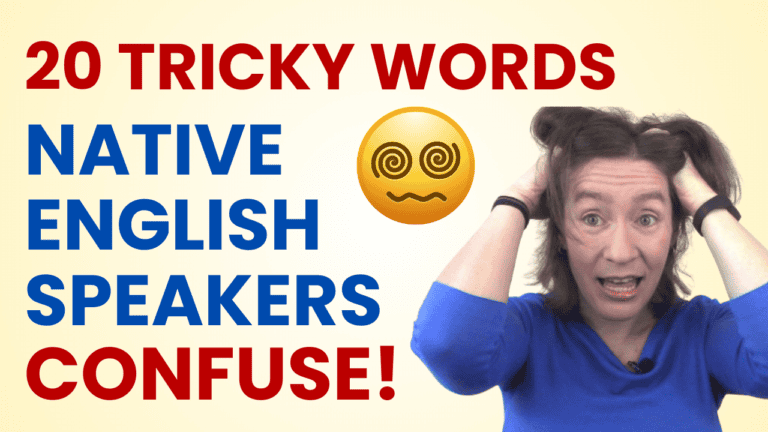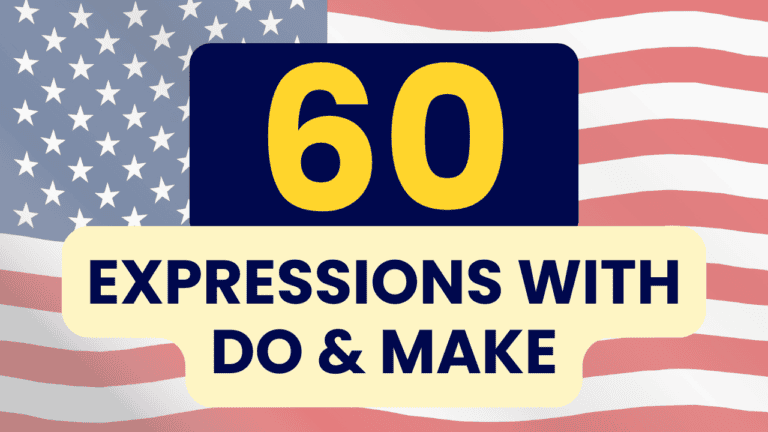
 This is a free sample from the e-book 600+ Confusing English Words Explained. It will help clear up your doubts about how to use English words correctly, so that you can speak and write more confidently. Click here for more information!
This is a free sample from the e-book 600+ Confusing English Words Explained. It will help clear up your doubts about how to use English words correctly, so that you can speak and write more confidently. Click here for more information!Words like turn, become, get, and go are used to describe changes and transformations – but many learners confuse them. Read this lesson to learn the difference!
Turn
Use turn for colors:
- Bananas turn black if you put them in the refrigerator.
- The sky turned pink and orange during the sunset.
- My uncle’s hair is turning white.
Use turn into when talking about a complete transformation:
- The caterpillar turned into a butterfly.
- The couch in the living room can turn into a bed.
- My dream turned into a nightmare.
Get
In informal English, use get with emotions:
- I got angry when my colleague said things about me that weren’t true.
- My son’s getting excited about his birthday party next week. He’ll be 5.
- We always get really bored in History class.
You can also use get with comparative adjectives:
- It’s gotten more expensive to buy an apartment in this city.
- I’m getting better at playing the piano – I’ve been practicing a lot.
- It’s getting easier and easier for me to understand movies in English!
Become
Become can be used with emotions and comparative adjectives in more formal English:
- My sister became depressed after she moved to a new city.
- It’s becoming more difficult to balance work and life in the modern world.
Always use become with professions (never “get”)
- My son is studying really hard. He wants to become a lawyer someday.
- Shirley Temple became a famous actress when she was just four years old.
[notice]Use get with “used to”
- I’ve gotten used to taking cold showers.
- We never got used to driving on the opposite side of the road while we lived in England.
Use become or get with “accustomed to” (more formal, more common in written English). Become is probably a little more common.
- It took years for him to become accustomed to life in another country.
- When I started my new job, I had to get accustomed to waking up early.
[/notice]
Go
Use go with these specific words:
- go crazy
- go blind / go deaf
- go bald
- go bad (when food or drink becomes bad and you can’t eat it)









